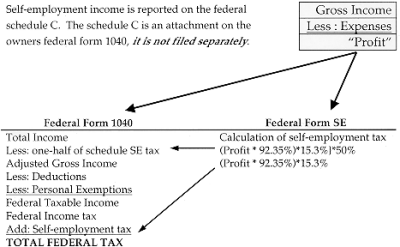
One last matter of concern for self-employed individuals is the high rate of Internal Revenue Service audit – 4% of all schedule C filers with gross income over $100K were audited; nearly triple the rate for other taxpayers.
Pay With Credit Card
Actors, Musicians, Visual Artists & Writers visit: www.artstaxinfo.com
@ Copyright 1999-2025 Riley Business Services 978.463.9350 All Rights Reserved.